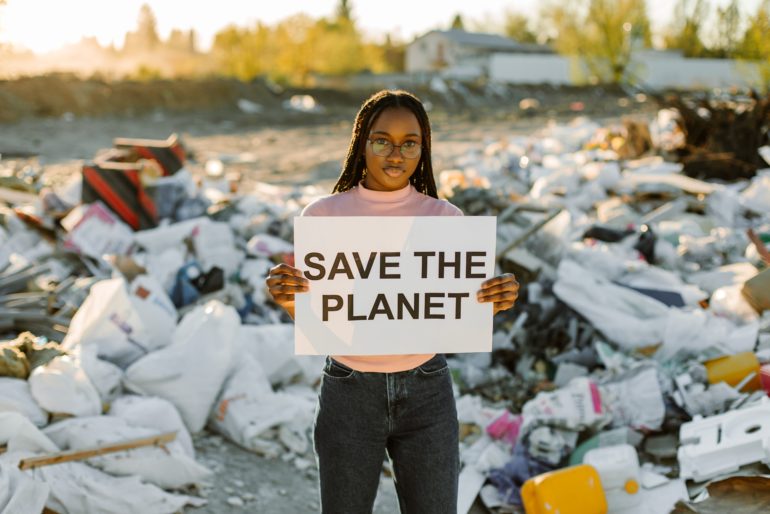#AskAlyson: ‘Eco-Anxiety’ – The Latest Mental Health Challenge Facing Our Kids
Tags: anxiety, mental health, teens
Dear Alyson,
After seeing the images of the flooding in Vancouver, my 12-year-old was really upset. He has been concerned about the things he is learning about climate change, but now his worries seem to be at a whole new level. Is this what’s being called “eco-anxiety”? I am trying to help him work through his fears, but he does have legitimate reasons to be concerned. I don’t want to lie to him, but I also don’t want him to be stressed and anxious all the time. How can I help him?
Signed, Worried Mom
Dear Worried Mom,
It’s hard to be a parent and watch your children suffer with difficult thoughts and emotions they can’t seem to manage. From your description, your child does seem to be experiencing eco-anxiety. Just to clarify, this new-ish term is not listed in the official Diagnostic Statistical Manual ( DSM) which is the diagnostic tool for mental health issues published by the American Psychiatric Association (APA). But, while it is not listed as a type of anxiety disorder, it is certainly recognized amongst mental health professionals.
The definition of eco-anxiety provided by the APA is “anxiety or worry about climate change and its effects,” including loss of biodiversity and other forms of environmental degradation.
Worryingly, the incident rates of this mental health issue are climbing.
In September, researchers in Bath, U.K. conducted the largest survey of its kind, asking 10,000 young people aged 16 to 25 years old in 10 countries how they felt about climate change and government responses to it. The data showed that nearly 60 per cent of respondents said they felt ‘very worried’ or ‘extremely worried.’ Many also associated negative emotions with climate change — the most commonly chosen emotions were ‘sad,’ ‘afraid,’ ‘anxious,’ ‘angry’ and ‘powerless.’ Overall, 45 per cent of participants said their feelings about climate change impacted their daily lives.
So, your son is more typical than not, I am sorry to share. As for how you can help him, here are some ideas.
Up the level of control. Anxiety can be reduced when we feel we have more agency and control of our lives. For children, any opportunity we can find to teach them new skills and allow them to have control over decision making and choices, to be independent and self-determining will help them feel less whipped around like a flag on a flag pole in the current of life. This will help reduce all forms of anxiety — eco-anxiety included.
Take action. Help your child channel the emotional energy of worry and fear towards making a difference in the fight against climate change. That could be helping your family reduce its carbon footprint, cleaning up a ravine that has litter, donating to a fund that protects animals from extinction, or building a bird box to help improve the habitat for some species. The app Earth Rangers has a ton of wonderful family-friendly activities to do in the outdoors to reduce eco-anxiety, as well as a downloadable parent guide to help parent talk to kids about their concerns around the well-being of the environment.
Shape your media experience. Remember that artificial intelligence (AI) and algorithms work to send you more information to support the posts you are looking at. That means the more your child sees online about the negative impacts on the world’s climate, the more negative posts they will receive in their feeds. This skews their information on the topic to be all doom and gloom. Instead, make an effort to seek out the news about inventive programs that are helping to reduce the impact of climate change. There are many amazing and inspiring initiatives if you go looking for them.
Mindfulness meditation. Anxiety is a form of emotional dysregulation that can be managed by learning how to self-regulate. This can be achieved through a daily practice of mindfulness meditation. I know kids don’t like to sit quietly with their thoughts — that actually makes anxiety worse. But kid-friendly guided meditations such as the wonderful ones found at kidsevolve are scientifically proven to re-wire the anxious brain while listening to guided meditations that sound more like a story book.
Therapy. And yes, there is always therapy. Talk therapy or play therapy — whatever modality your child best responds to — will help in many ways too. There is no stigma in reaching out for support, most importantly during these especially trying times when everyone is talking about mental health and how best to care for our children’s well-being.
I hope that helps!
Alyson



Leave a Reply